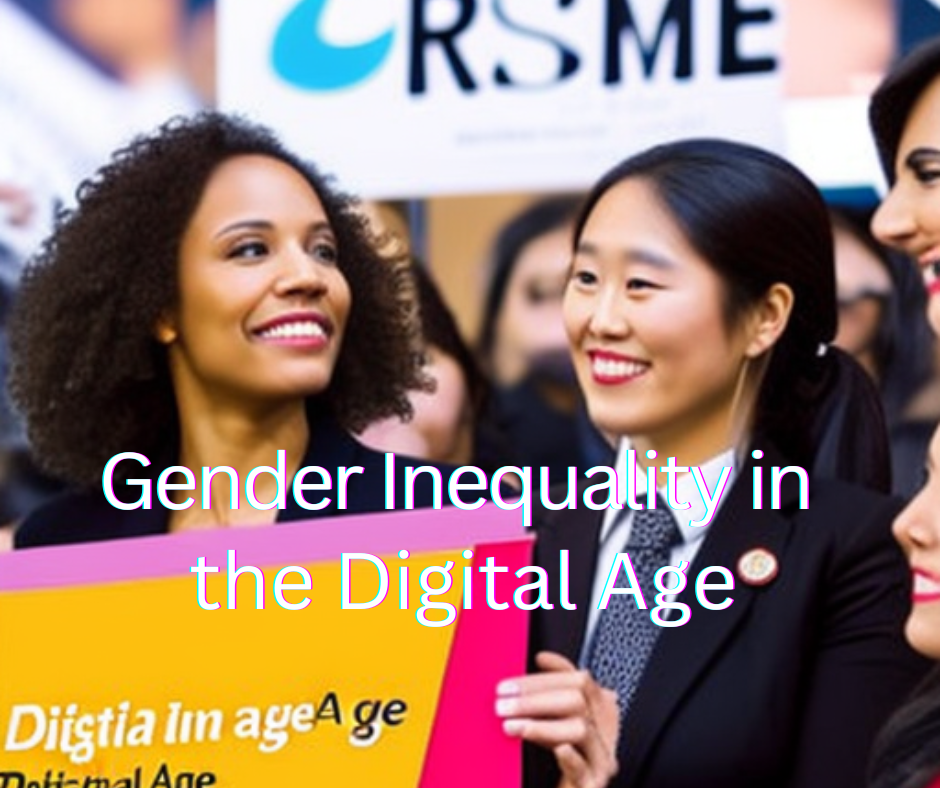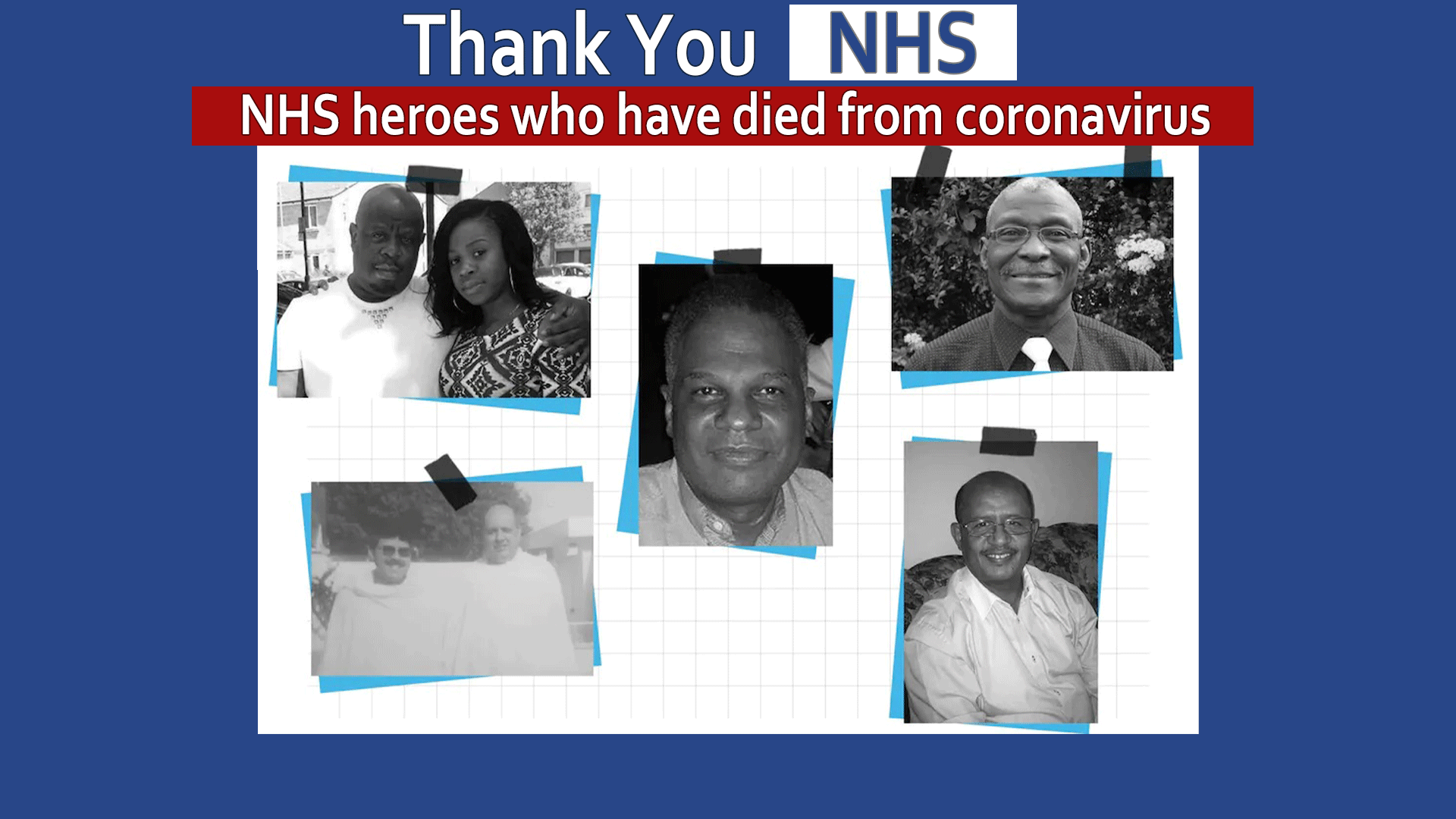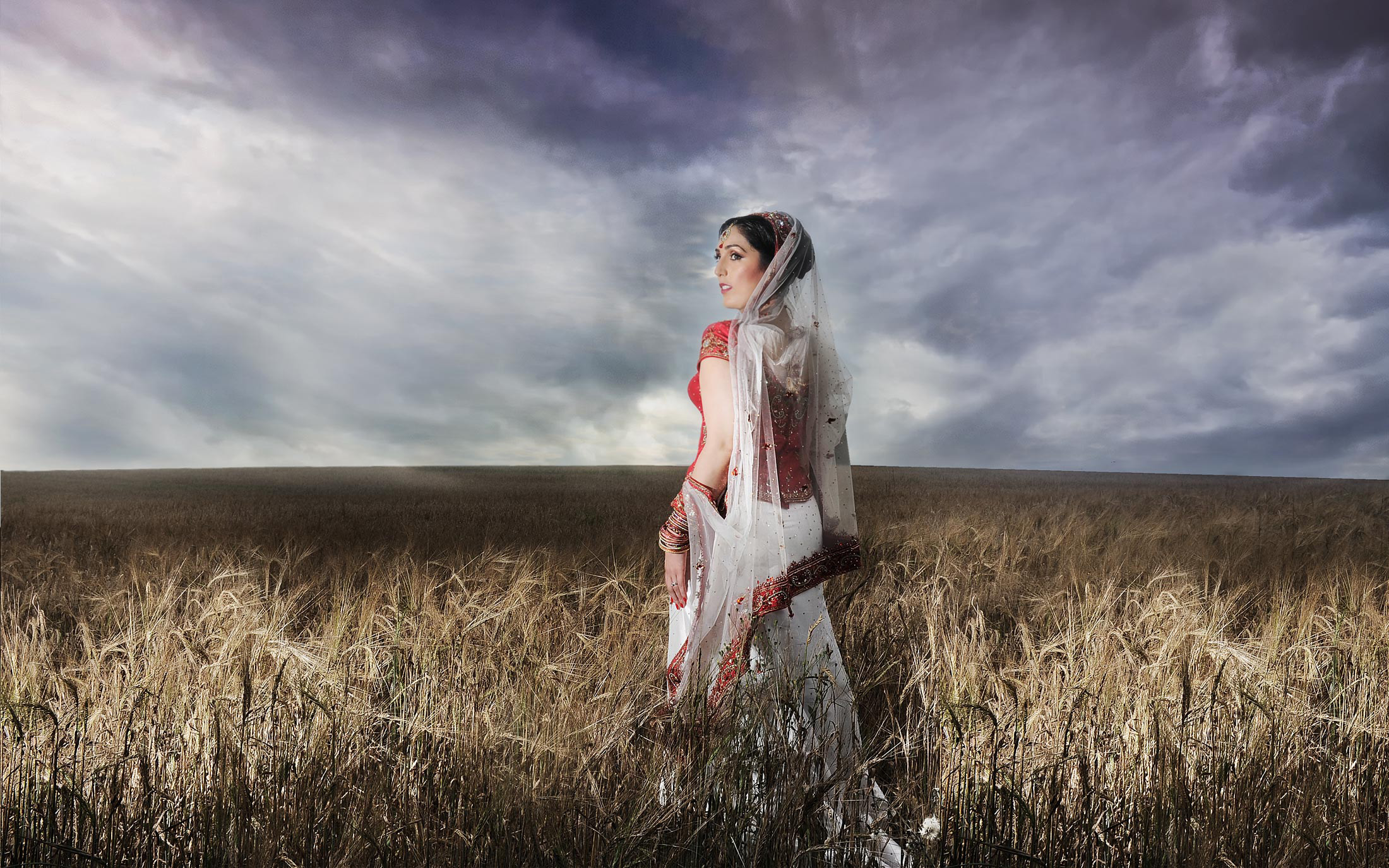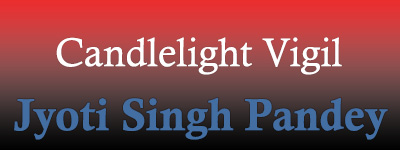
The brutal rape and resulting death of the 23-year-old student, Jyoti Singh Pandey last month set off protests in New Delhi and sparked a national debate in India. The inability of law enforcement to protect vulnerable women coupled with a wider debate about the treatment of women in general. Although sexual offences against women occur all over the world the horrific case of Jyoti Pandey has caused something of a media frenzy.
Condemnation of this horrific act was global with mass protests taking place all over the world including the United Kingdom. A candlelight vigil was organised outside the Southall Town Hall in a cold evening on the 5th January by the Ealing (London) Labour party’s women wing. This observance was to show solidarity with Jyoti Singh’s family and condemnation against violence against all women. A larger protest was organised by Southall Black sisters took place in another chilly evening on the 7th January outside the Indian High commission London. I had the opportunity to be there to record my protest and speak on behalf of all women and witnessed the rage and anger of thousands of women of all race, colour and religions.
This is not the first and certainly not the last incident that has outraged people not just in India but the world over. Hundreds’ of thousands of women live in fear, insecurity and face heinous crimes such as this.

There have been several cases like this before but this particular one got wider coverage and attention of world media. Such was the severity and brutality of this unfortunate incident that shook everybody. It shows the mindset, culture and tradition of a society, insincerity and unwillingness of political leadership, community and law enforcement agencies that are reluctant to follow and implement laws. The poor and unfortunate girl was not only gang raped but the way she was left dying naked on road for several hours with her friend who tried to save her life.

Such heinous and brutal crime to take place and that too in the capital of so-called largest democracy in the world is shocking to say the least. A country that enjoys the full membership of G20 Group has a bad record of violent crimes against women. A recent poll conducted by TrustLaw, a legal news service by Thomson Reuters Foundation, found India the worst and unsafest country for women. India was ranked worse than Saudi Arabia. This is the case even though virtually, every aspect of a women’s life in Saudi Arabia is controlled by men.
In India, women and girls continue to be sold as chattels, married off as young as 10, burned alive as a result of dowry-related disputes and young girls exploited and abused as domestic slave labour. Let’s not forget the abuse of Kashmiri women and violence against them committed for over half a century by the Indian Army. Where is the world media then? Why does nobody report it? Why do we not see any protest to raise voice for these unfortunate Kashmiri women? How different is a Kashmiri woman from Jyoti Singh Pandey? Do Kashmiri women not have any respect, honour or basic human rights? It clearly shows the hypocrisy and double standards of prejudiced Indian press, wider media and authorities. Just as on the 19th December 2012 an eight year old girl was found murdered and gang-raped in the Bihar state, but received little media coverage. This raises serious questions about Indian political leadership, structures of policing, law and order, and press reporting.
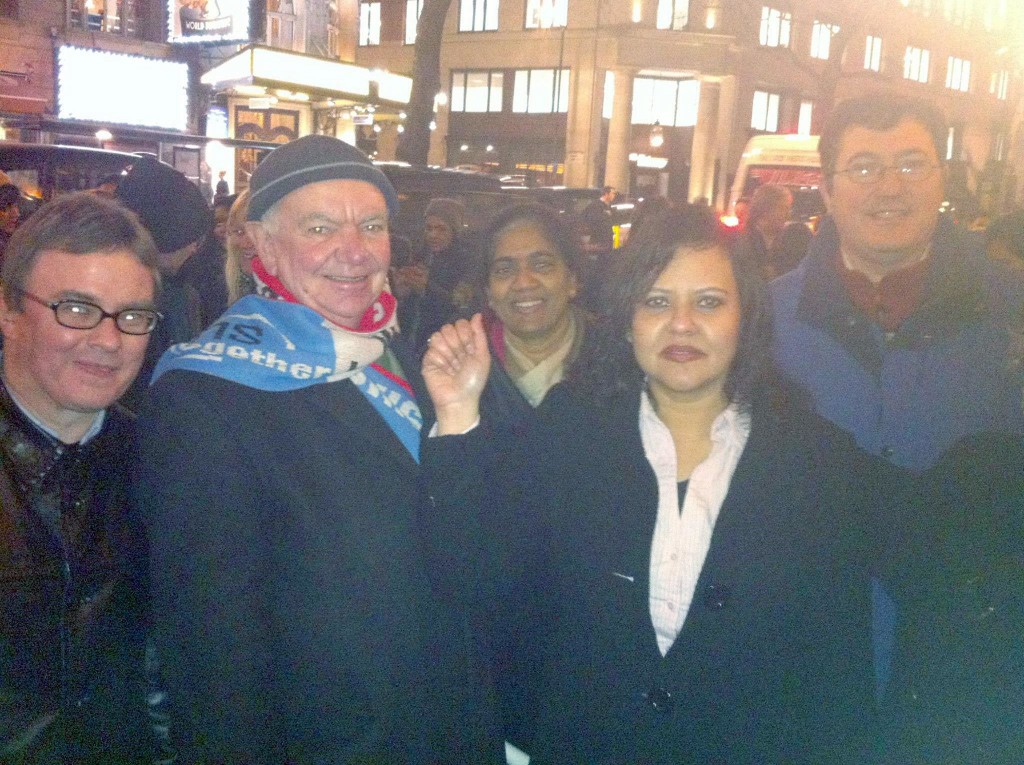
The problem ultimately lies with the mindset of men in general. Perceptions are created by both society and customs. For instance tribal custom in Pakistan where parallel judicial systems such as jirgas, continue to rule against women and allow discriminatory practices against them to continue. Or on the other hand the example of Bollywood film industry, which continues to portraying women in obscene scenes and goes to further promote a culture of sexualisation. How can you expect youth to respect women when movies and wider mass media spread and promote the culture of nudity, sexual violence, and obscenity to portray women as sex objects? This barrage of mass culture mean that young men start seeing women as objects of pleasure from an early age, which in turn leads to them assuming that sex is somehow a right. This is also detrimental to young women who are continually bombarded with images of how society perceives them to behave.
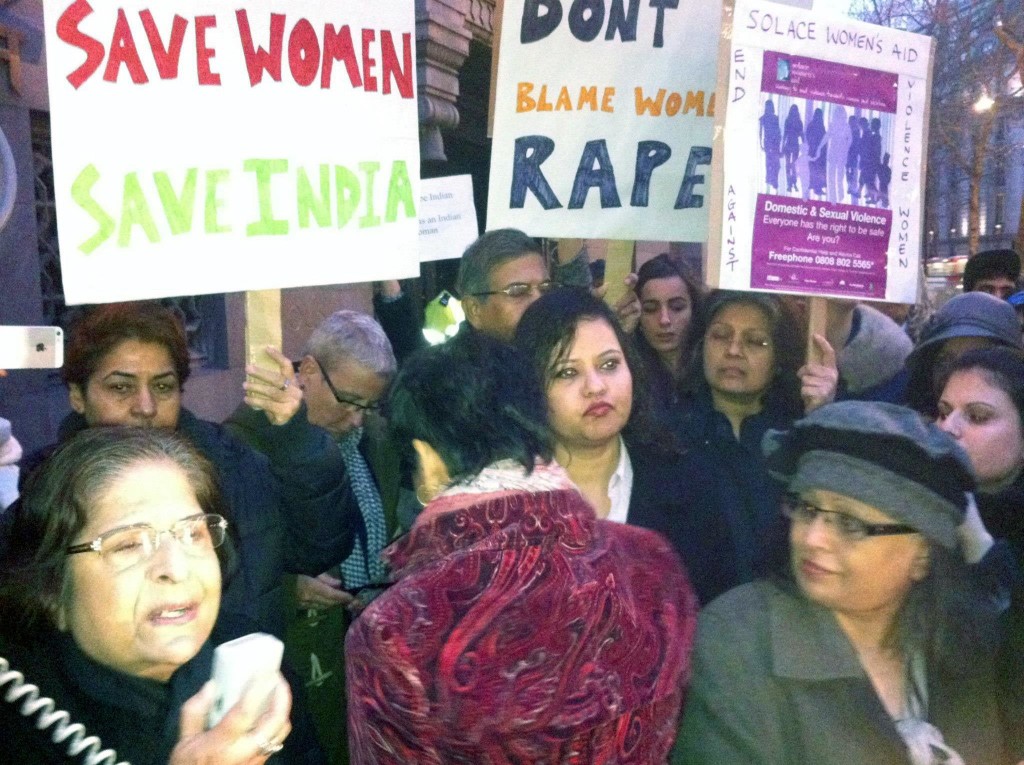
As responsible human beings we need to examine the agenda set out and promoted by our immoral societies. Globalisation continues to have a detrimental effect on societies of the developing world. Traditional old-line societies are being flooded with the culture of sexualisation, which brings huge issues for its people. I would like to end by stressing the importance of the home. Parents can play an important role in educating their sons to respect women. Although it is difficult to shield children they can learn respect by observing the behaviour of those around them.
TrustLaw surveyed 370 aid professionals, academics, health workers, policymakers, journalists and development specialists with expertise in gender issues. Respondents came from 63 countries on five continents and included experts from United Nations Women, the International Rescue Committee, Plan International, Amnesty USA and Oxfam International, as well as prominent academic institutions and campaigning organizations.
Sitarah Anjum is Labour Party councillor in London Borough of Ealing. United Kingdom.
Article also published by LAFZ Media


